“The mind is everything. What you think you become.” – Buddha
Are you seeking a way to unwind and relax amid your busy life? Meditation offers a powerful tool for achieving a state of calm and relaxation. By incorporating simple yet effective meditation techniques for relaxation, you can harness the power of mindfulness to bring peace to your daily routine. In this article, we’ll explore various meditation techniques for relaxation, focusing on mindfulness and other straightforward methods that anyone can practice.
1. Mindfulness Meditation techniques for relaxation:
Mindfulness meditation involves paying attention to the present moment without judgment. This technique helps you become more aware of your thoughts and feelings, reducing stress and promoting relaxation.
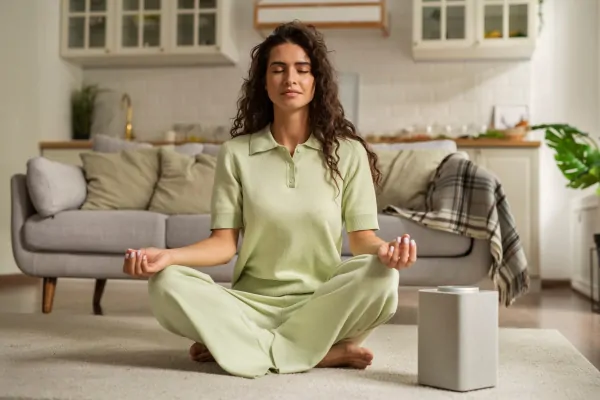
How to Practice:
- Sit comfortably with your back straight and close your eyes.
- Take deep breaths and focus on your breathing.
- Observe your thoughts as they arise and pass without getting attached to them.
- If your mind wanders, gently bring your focus back to your breath.
Benefits for Relaxation:
Mindfulness meditation helps quiet the mind and brings you into the present moment, reducing anxiety and fostering a sense of inner peace.
2. Deep Breathing meditation techniques for relaxation:
Deep breathing exercises like diaphragmatic breathing can quickly calm your nervous system and reduce stress.
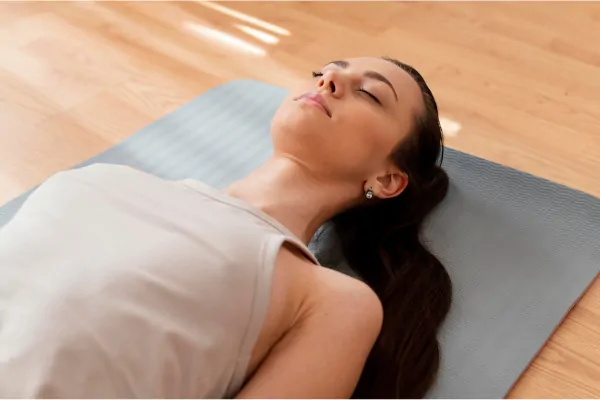
How to Practice:
- Sit or lie down in a comfortable position.
- Place one hand on your chest and the other on your abdomen.
- Inhale deeply through your nose, allowing your abdomen to rise.
- Exhale slowly through your mouth, feeling your abdomen fall.
- Repeat this process for a few minutes, focusing on your breath.
Benefits for Relaxation:
Deep breathing slows your heart rate and lowers blood pressure, promoting relaxation and calm.
3. Progressive Muscle Relaxation:
Progressive muscle relaxation involves tensing and slowly relaxing different muscle groups. This technique helps release physical tension and promotes relaxation.
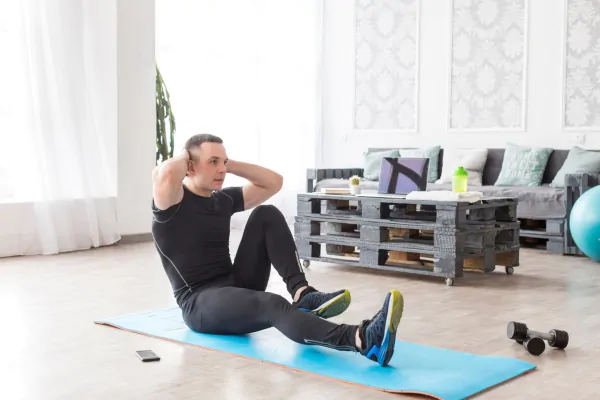
How to Practice:
- Find a quiet, comfortable place to sit or lie down.
- Start with your toes, tensing the muscles for a few seconds, then relaxing them.
- Gradually work your way up through your body, tensing and relaxing each muscle group.
- Focus on the sensations of relaxation as you release the tension.
Benefits for Relaxation:
Progressive muscle relaxation helps alleviate physical stress and induces a state of calm by systematically relaxing each muscle group.
4. Guided Imagery:
Guided imagery involves visualizing peaceful scenes or experiences to promote relaxation. This technique uses the power of imagination to create a calming mental space.

How to Practice:
- Sit or lie down in a comfortable position and close your eyes.
- Take deep breaths and imagine a peaceful place like a beach or forest.
- Engage all your senses to make the imagery vivid: feel the sun’s warmth, hear the sound of waves, and smell the fresh air.
- Spend a few minutes immersed in this calming visualization.
Benefits for Relaxation:
Guided imagery can help you escape stress and create a mental oasis, reducing anxiety and promoting relaxation.
5. Loving-Kindness Meditation:
Loving-kindness meditation focuses on cultivating compassion and love toward yourself and others. This practice fosters positive emotions and reduces stress.
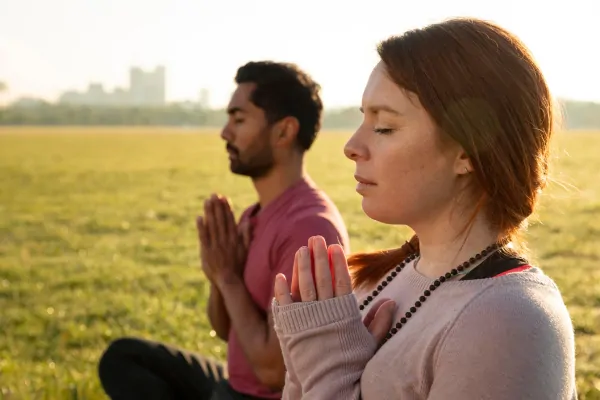
How to Practice:
- Sit comfortably and close your eyes.
- Take deep breaths and repeat phrases such as, “May I be happy, may I be healthy, may I be peaceful.”
- Extend these wishes to loved ones, acquaintances, and even those you have conflicts with.
Benefits for Relaxation:
Loving-kindness meditation enhances emotional well-being, reduces negative emotions, and promotes a sense of connectedness and calm.
Conclusion:
Incorporating these simple meditation techniques into your daily routine can significantly reduce stress and promote relaxation. Whether you choose mindfulness meditation, deep breathing, progressive muscle relaxation, guided imagery, or loving-kindness meditation, each technique offers unique benefits to help you unwind and find peace. Start exploring these meditation techniques for relaxation today and experience the transformative power of mindfulness and simplicity.
Let me know if you need any further adjustments or additional points included!
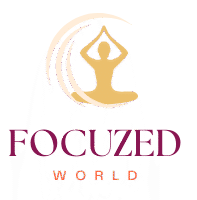
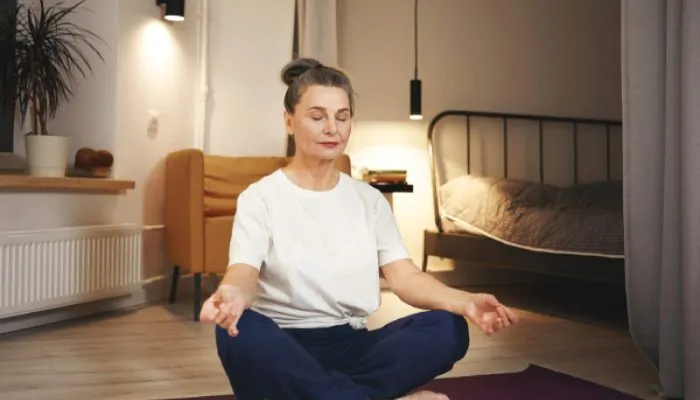
1 thought on “5 Powerful Meditation Techniques for Relaxation”
cv ksa: This is an excellent read—thank you for sharing!